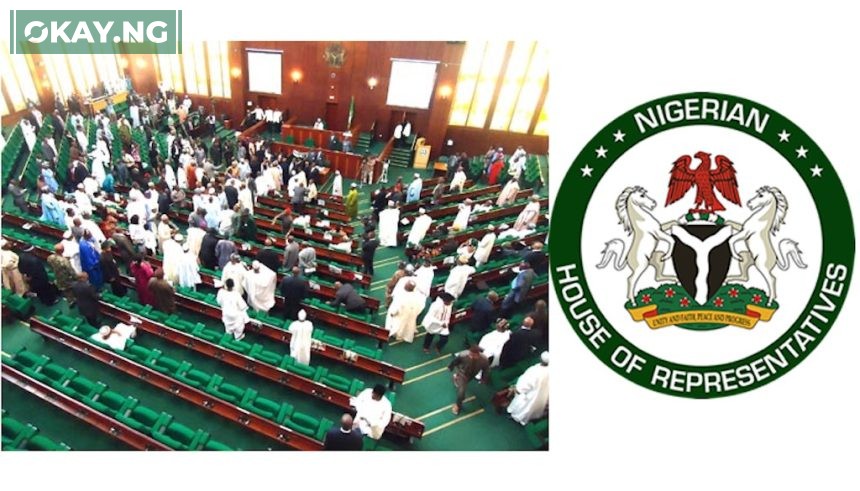The House of Representatives has taken a significant step toward constitutional reform by advancing a bill that would introduce citizenship by investment in Nigeria. On Wednesday, the proposed legislation, which seeks to amend the 1999 Constitution, successfully passed its second reading. Sponsored by Deputy Speaker Benjamin Kalu and other lawmakers, the bill aims to create a new pathway to Nigerian citizenship for foreign investors who meet specific financial thresholds. This initiative is designed to attract substantial foreign direct investment by offering nationality to individuals who make significant economic contributions to the country.
The citizenship-by-investment proposal was presented by House Leader Prof. Julius Ihonvbere as part of a broader package of constitutional amendment bills currently under consideration. The legislation aligns Nigeria with global practices where countries grant residency or citizenship in exchange for economic investments. If passed, it would enable qualified foreign investors to acquire Nigerian citizenship, provided they invest in key sectors of the economy or meet designated financial requirements. This move is expected to stimulate economic growth and position Nigeria as a more attractive destination for high-net-worth individuals and business investors.
Alongside the citizenship proposal, the House also debated several other important constitutional amendments. One notable bill focuses on reforming indigene status rights. This legislation seeks to grant indigene status to individuals born in a state or those who have resided there continuously for at least ten years. Additionally, it includes provisions to protect the rights of women married to indigenes of another state, allowing them equal access to employment, political office, and other public opportunities after five years of marriage. The bill also ensures that women who experience divorce or widowhood can retain their indigene status if they choose to remain in the state.
Another significant bill under consideration proposes a review of Nigeria’s death penalty laws. The legislation aims to bring the country’s criminal justice system in line with international human rights standards while maintaining public safety. It seeks to introduce more proportionate sentencing for capital offenses, reflecting global best practices in fairness and justice. This reform is part of a broader effort to modernize Nigeria’s legal framework and enhance its human rights record.
The House also examined a bill to formally establish the Office of the Accountant-General of the Federation. The proposed legislation outlines a four-year renewable term for the Accountant-General and sets a retirement age of 60 years or after 35 years of public service, whichever comes first. This measure is intended to ensure stability and professionalism in the management of the nation’s finances.
These bills will now proceed to the committee stage, where they will undergo further scrutiny and public hearings. If approved, they will return to the House for final passage before being sent to the Senate for concurrence. Ultimately, any constitutional amendments will require ratification by state assemblies. The advancement of these bills reflects the 10th National Assembly’s commitment to legislative reforms aimed at fostering economic growth, promoting inclusivity, and aligning Nigeria’s laws with contemporary global standards. The citizenship-by-investment proposal, in particular, has sparked discussions about its potential to attract foreign capital while balancing national interests. As the legislative process continues, stakeholders will be closely watching the developments and their implications for Nigeria’s future.













